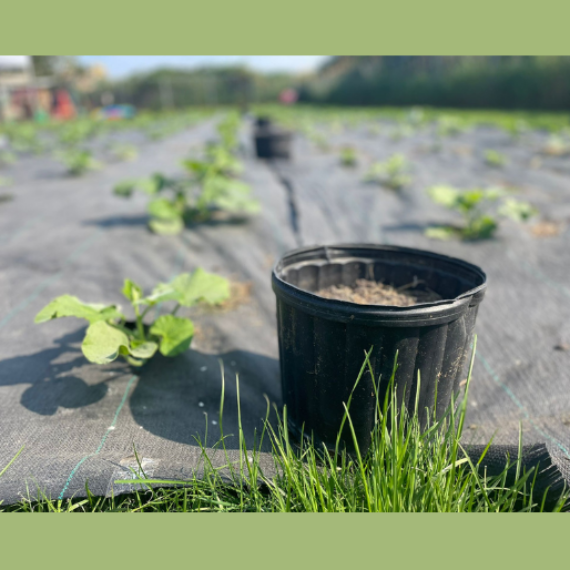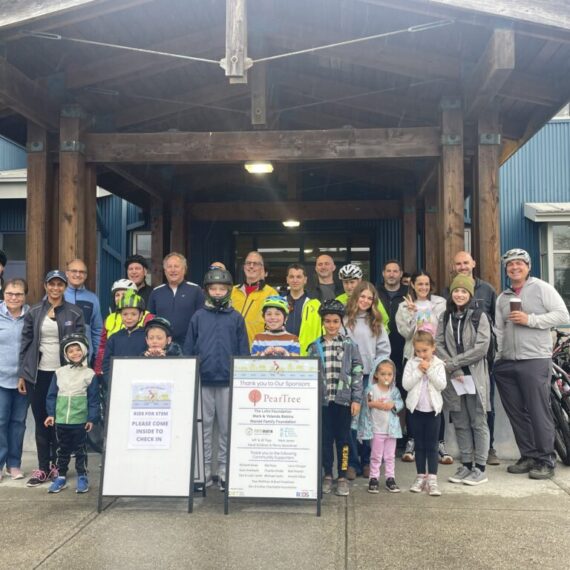THE ‘PHILOSOPHY’ OF ‘TRUE’ PLAY
EARLY LEARNING
THE 'PHILOSOPHY' OF 'TRUE' PLAY

We often talk about play as something that we can only engage in when our work is done. With children, we are constantly trying to look for purpose in their play, or structuring their activities, thereby infrequently allowing for ‘true’ or free play. Many things masquerade as play, like board games and crafts, but these are not considered true play as they are structured activities, designed by adults, with a goal or intended outcome. But true play – that is, child-centred with no external agenda, — is critical to a child’s development. True play, in and of itself, is how children learn to solve problems and develop skills, free from any real-world consequences. Within safe boundaries provided by their adults and a physical environment with open-ended materials, children can be free to explore, tinker, create and experiment for long, uninterrupted periods of time.
There are already plenty of rules and expectations for young children in their everyday routines, so having this time when they can create the rules to process their life experiences, is critical to their development. In play-based learning, children choose their own activities each day and the learning environment is often broken up into sections or stations. For example, a room may have a block or lego area, a dramatic play area, a reading nook, and others. Play-based programs are also sometimes called ‘child-centered’ because the children guide their own learning with their curiosity and interests. This should not be confused with a lack of routines and expectations.
Children in the RJDS Early Learning Program will also be provided with the opportunity to participate in more structured activities offered, however, we believe that the children should be the directors of their own learning experiences.
The most recent scientific evidence emphasizes the crucial role true play can have on a child’s development, rather than the hasty push for early instruction and academics. As local clinical counsellor, developmentalist and author, Dr. Deborah Macnamara, states, “In play, the goal is not to push a form onto a child but rather to free their spirit to explore, discover, and to express itself.” Exposure to open-ended experiences and play in the early years contributes to positive socio-emotional outcomes, enhances creativity, and encourages self-esteem. Being allowed to make mistakes during the early years, through open-ended exploration also helps children develop a growth mindset, in which they believe in their own potential, have improved self- confidence, and develop resiliency. These are the foundations for future academic learning, innovation and creative expression.









